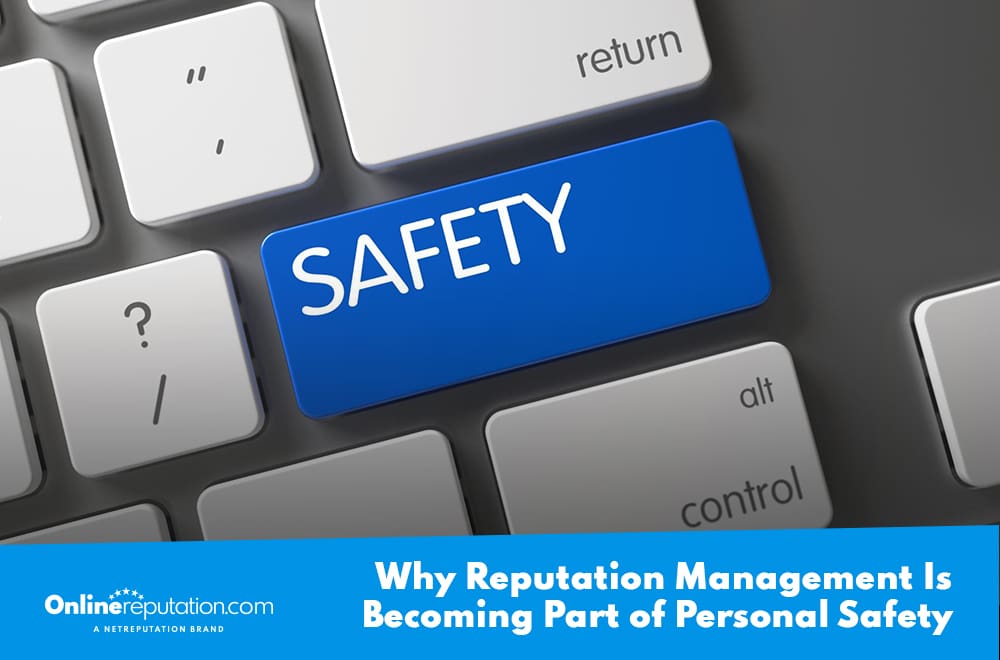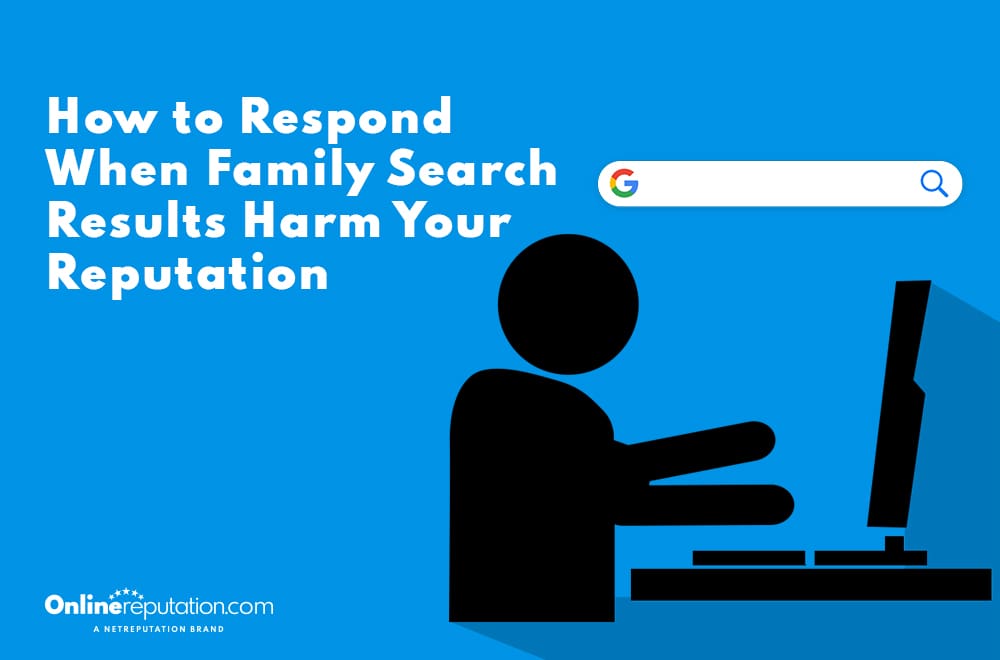
A single negative review, viral post, or inaccurate listing can significantly impact job prospects, damage relationships, or even lead to harassment. As the lines between personal identity and online reputation blur, reputation management is no longer just a marketing function—it’s a protective measure.
What Is Reputation Management?
Reputation management involves actively monitoring, influencing, and enhancing the way your name or brand is perceived online. Whether you’re a business, a public figure, or a job-seeker, maintaining a positive reputation helps you build trust, attract opportunities, and prevent unwanted consequences.
At its core, online reputation management means:
- Monitoring social media mentions, online reviews, and search engine results
- Responding promptly to customer feedback
- Promoting positive content across authoritative websites, review sites, and news outlets
- Reducing the visibility of negative feedback, outdated info, or fake reviews
- Creating an online presence that reflects your absolute values
An effective reputation management strategy enhances credibility, improves brand visibility, and protects your online and offline identity.
Why Reputation Now Impacts Personal Safety
We often think of safety in physical terms, but digital exposure can have very real consequences. Negative search results, doxxing, or false accusations can lead to:
- Harassment or threats (especially from social media)
- Loss of employment or income
- Strained personal relationships
- Identity theft or fraud
As consumers expect brands and individuals to be transparent and trustworthy, anything online that seems inconsistent, misleading, or harmful can damage more than just a reputation—it can compromise well-being.
A well-executed reputation management strategy protects against these threats by shaping how others perceive you from the first search result.
How Online Reputation Affects Real-World Security
Here are three ways reputation management intersects with personal safety:
1. Public Trust Determines Risk
Whether you’re a business owner or a private individual, the information associated with your name affects how others perceive you. A poor online reputation can:
- Attract scammers or bad actors
- Undermine your ability to rent, hire, or buy
- Make you a target for online hate
A positive brand reputation, on the other hand, fosters credibility and reduces suspicion, especially in high-trust industries such as law, finance, or healthcare.
2. Online Reviews Can Escalate Quickly
Sites like Google, Yelp, and Facebook allow anyone to post about you. While many reviews are fair, negative reviews, fake claims, or harassment can spiral, especially if you don’t respond or act quickly.
Using reputation management software or services, you can:
- Monitor review volume
- Filter for sentiment using sentiment analysis
- Flag or dispute fake reviews
- Encourage more positive reviews from satisfied customers
These steps help restore balance and reduce harm to your organization’s reputation or personal image.
3. Social Media Is a Double-Edged Sword
Social media platforms offer visibility, but they also carry risk. Missteps, impersonation, or unwanted attention can go viral, as social media accounts often appear first in search engine results. Having a plan matters.
That’s why reputation management now includes:
- Curating your social media presence
- Locking down privacy settings
- Creating and sharing valuable content tied to your expertise or mission
- Using monitoring tools to track mentions or leaks across the web
How to Build a Reputation That Protects You
A strong, safe reputation online isn’t about perfection. It’s about consistency, authenticity, and control. These steps can help:
1. Audit Your Online Presence
Search your name, brand, or business on Google. What shows up on the first two pages? What’s outdated, inaccurate, or potentially harmful?
Utilize online reputation management software or hire a reputable reputation management company to obtain a comprehensive report.
2. Respond Promptly to Reviews
Whether positive or negative, respond to customer feedback in a professional manner. Acknowledge concerns, offer solutions, and express gratitude to people for their time. This shows others that you value transparency and customer experience.
If needed, escalate serious reviews to legal or platform support teams.
3. Generate More Positive Content
Create and promote positive reviews, blog posts, testimonials, and articles across third-party sites, directories, and authoritative websites to enhance your online presence. Encourage happy clients to leave reviews using review requests and follow-ups.
This improves search engine visibility and helps shape public perception.
4. Invest in Tools or Partners
If you’re a business, utilize reputation management software to monitor keywords, identify risks, and receive real-time reports. For individuals, hiring a reputation manager or using a trusted reputation management company can offer similar benefits.
Tools like Brand24, Podium, and Birdeye help local and brick-and-mortar businesses boost online review management efforts.
5. Have a Crisis Management Plan
No matter how careful you are, mistakes or attacks can happen. Prepare a crisis management plan with:
- Pre-drafted press releases
- Clear steps for account takeovers or data breaches
- Guidelines for employees or family on how to respond
This kind of proactive management limits the fallout and helps you recover more quickly.
Reputation Is Safety—and Strategy
Whether you’re a startup, a public-facing professional, or a concerned parent, reputation management is no longer optional. It’s a form of digital self-defense—one that protects your privacy, enhances your credibility, and safeguards your identity.
It also delivers strategic business value by improving the brand’s reputation, supporting marketing efforts, and increasing trust with potential customers.
In a world where user-generated content and review sites shape perception in seconds, don’t leave your story to chance. Manage it.
You might also like
How to Respond When Family Search Results Harm Your Reputation
A single negative review, viral post, or inaccurate listing can significantly impact job prospects, damage relationships, or even lead to …

